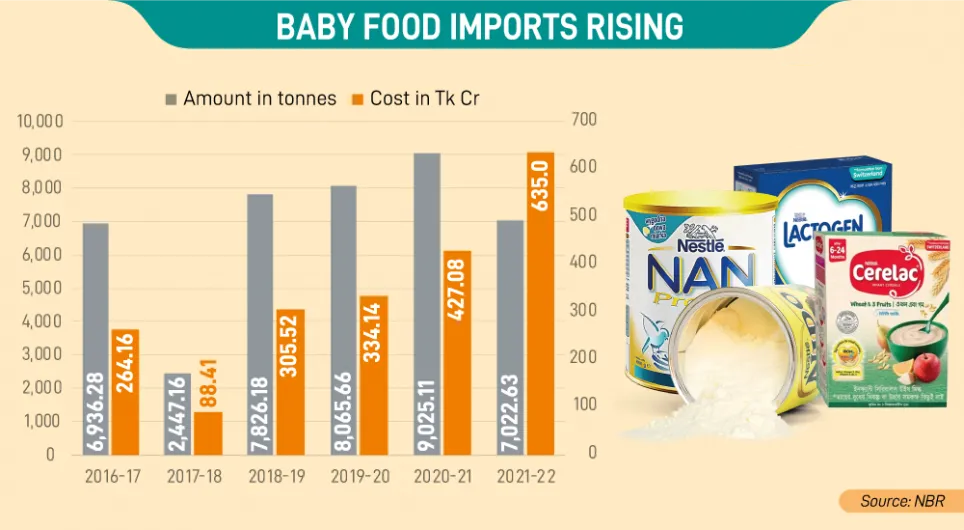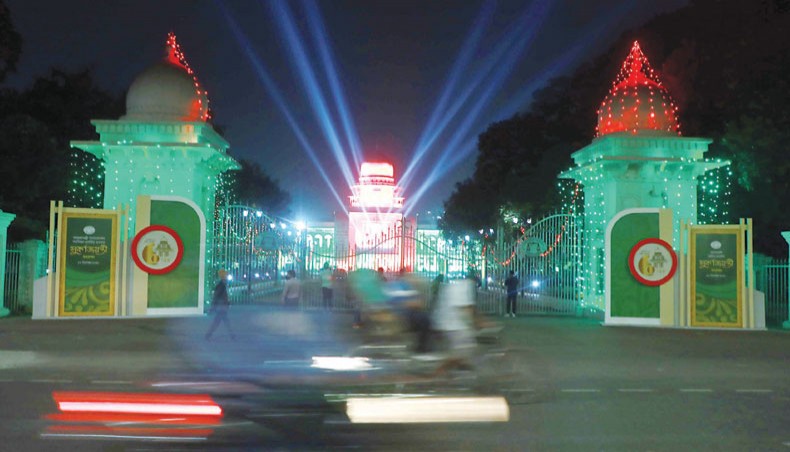With the pandemic leaving many people without jobs, crime rates have gone up and experts fear it is likely to increase significantly in the coming days.
According to law enforcers, some people are getting involved in crimes, like murder, and people are especially growing more and more impatient over the repayment of debts.
Criminologists are of the opinion that many daily wage earners, who have been hit the hardest by the pandemic, are becoming involved in criminal activities.
Shrunken job market
Bangladesh's job market has shrunk significantly since the pandemic unfolded in March last year.
Many small and medium businesses have been forced to shut down, a lot of organizations have had to lay off jobs.
On top of that, workers in the transport sector and retail industry as well as daily wage earners are left without work whenever a lockdown is imposed.
Bus assistants and conductors in Dhaka usually work for a wage of Tk500-600 a day, while drivers get around Tk1,000. Long-haul bus drivers and supervisors are paid a little more. They are all in dire straits due to the closure of public transportation during lockdown.
On the one hand they have no income, and on the other hand they are not receiving any assistance from their employers or the government, which may lead many of them to get involved in criminal activities, like drug peddling, mugging, etc.
Most of the five million transport workers in the country are left with no income, claims the Bangladesh Road Transport Workers’ Federation (BRTWF).
“Our workers have been out of work for over a month now. We have urged the government to allow transport services to operate,” said it’s General Secretary Osman Ali.
The police say they have found several workers to be involved in robberies and car-jacking in the capital recently.
According to a senior police officer, crime rates will go up significantly in the coming days.
“The recent trend shows jobless people are getting involved in criminal activities,” said the officer who asked not to be named.
According to the Bureau of Statistics' labour force survey, the total working population in Bangladesh was 63.5 million in 2017, of which 2.7 million were unemployed.
It is estimated that the number of jobless people go up by a million every year, which means the out-of-work population now stands at 4.7 million. It jumps to around 10 million, if the 5 million transport workers are tallied.
Apart from that, 6.6 million partially unemployed people — they work as tutors or part time salespersons at various stores, or provide ridesharing services — have become fully unemployed in the lockdown.
Dhaka likely to be most affected
According to the International Labour Organization (ILO), one in six people in the world are out of a job due to the coronavirus crisis. The situation is dire in Bangladesh as one in four people has lost their job.
This may result in a notable increase in crime throughout the country, especially the capital.
According to the Dhaka Metropolitan Police (DMP), there were 18 murders in the capital in April, compared to seven in March and 12 in February.
Meanwhile, 13 mugging incidents were reported in April, up from eight in the previous two months each.
In addition, in April, there were three incidents of riots, 37 rapes, 102 incidents of violence against women, 38 cases of child abuse, two abductions, 50 incidents of burglary, 32 car thefts and 62 other thefts.
Detective Branch (DB) Joint Commissioner Mahbub Alam said the lockdown has left some people without jobs, which caused a spike in the crime rate.
“However, everything is under control. Those who committed crimes have been dealt with legally,” he said, holding out an assurance.
The involvement of jobless people with crime during a pandemic was in line with traditional theories of criminology, according to Ziaur Rahman, who teaches criminology at Dhaka University.















